The melodies immediately resonated with him as if there was a rare chance for music and poetry to meet. He began to play the notes in the gentle and passionate Then rhythm, as if fulfilling his desire to complete a great musical project in his life.

In a conversation with the press, musician Phan Thanh Chuong said: He has been struggling with the topic of composing about President Ho Chi Minh for decades, but partly because he did not know how to exploit his image in a way that was truly intimate, and partly because he was too overwhelmed by his great image, he could not create a satisfactory work.
He also confided that wanting to write about Uncle Ho was not only the urge of a musician born and raised in his hometown Nghe An , but also the burning desire of an artist who wanted to express his feelings for the beloved leader. For musician Phan Thanh Chuong - who had served in the army and was passionate about art, that love was even more compelling.
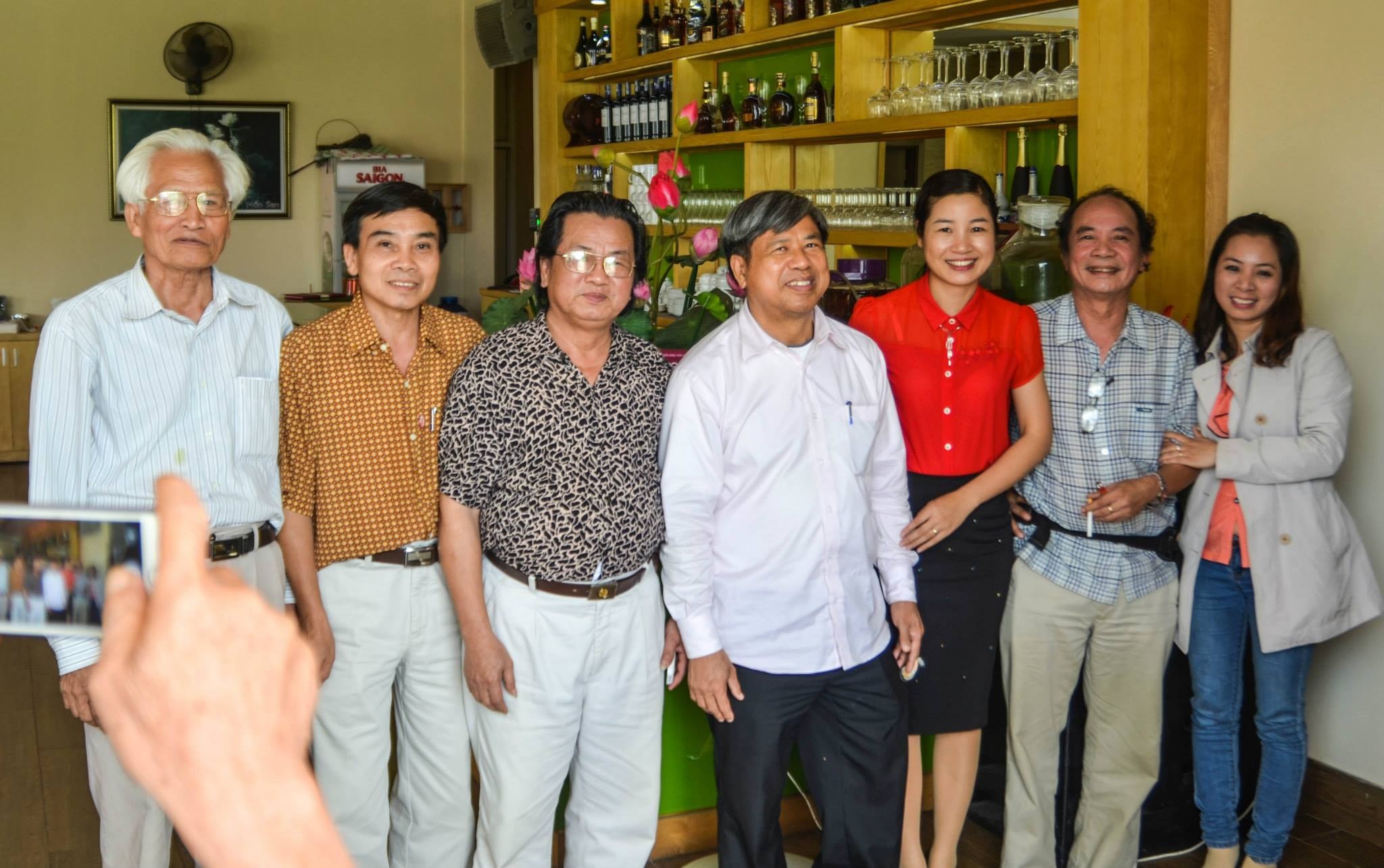
Musician Phan Thanh Chuong once said: “In 1969, when I had been in the army for 2-3 years, during a meeting, we received the news of Uncle Ho's death. The surprise and grief seemed to surround the entire room, everyone shed tears, many people could not hold back and mourned Uncle Ho for days. Because for us soldiers, Uncle Ho's image is like a guiding torch, like the belief in certain victory, giving us strength to overcome the enemy's bombs and bullets. That sentiment is the luggage for us to live and fight to have the most beautiful things."

In 1971, musician Phan Thanh Chuong went to study music, carrying with him that feeling and cherishing, he wanted to write a song about Uncle Ho, but at that time there were many classic songs by previous musicians such as Nguyen Tai Tue, An Thuyen, Thuan Yen... that made him hesitant to write. Then when he heard the song "Dem nghe hat do dua nho Bac" by musician An Thuyen, the emotion in him surged again, the image of Uncle Ho appeared in the song so dearly. From then on, he cherished the idea of writing about Uncle Ho with such an approach, simple and close, but at that time unfortunately he had not come across any poetic or musical ideas that evoked deep emotions to write about Him as he wished.
In 1980, he moved from Nghe Tinh Department of Culture and Information to Thanh Chuong District Department of Culture and Information, and was assigned to assist in the artistic work of Nghe Tinh Power Plant's Art Team. The art movement after liberation was very exciting, the workers were very enthusiastic and always wanted to contribute their songs, but unfortunately there was no one to guide them, so his task was to be the core and guide the activities of the art team here from staging to practice.
One day, poet Trinh Trieu came to visit him in his room. Poet Trinh Trieu read to musician Phan Thanh Chuong some of his newly composed poems, including "My grandmother has a picture of Uncle Ho". "I was suddenly startled when I heard the second line, the image in the poem was so familiar: "My mother's house has a picture of Uncle Ho so she is not poor", the poem evoked and expressed my own feelings. I stopped the conversation and asked Trinh Trieu to handwrite this poem for me, I put it to music that afternoon, in just a few hours the song "My grandmother has a picture of Uncle Ho" was completed" - musician Phan Thanh Chuong recounted.
“Because the poem has a 4/4 rhythm, I chose the Then rhythm of the Thai people to develop the music for the song. Because right from the moment I recited the poem, I felt this melody creeping into my head and the poetic lines like “me lo cheo leo, me lo cao deo, my mother’s house has Uncle Ho’s picture so I’m not poor”, “with Uncle Ho’s light so I’m not afraid of getting lost”… it fits so well with the Then rhythm. The Then rhythm also helps the song depict the deep feelings of the villagers for Uncle Ho: “My mother’s house has Uncle Ho’s picture, my mother’s heart respects and loves me” - musician Thanh Chuong recalls the musical thinking process for this special song.
Some time later, when he went to Hanoi, the musician gave this song to poet and musician Nguyen Trong Tao. He praised it and sent it to Voice of Vietnam Radio. Later, when he met poet Hoang Ngoc Anh and asked musician Vu Thanh to help him read it, musician Vu Thanh also liked it so much that he brought it to the Radio's dormitory and sent it to artist Thanh Hoa to sing.
One day, when musician Phan Thanh Chuong returned to Nghe An, he was surprised to hear his “House with Uncle Ho’s picture” performed by artist Thanh Hoa. The gentle voice of Then melody and the immense affection of an artist for Uncle Ho moved him deeply.
The song “My house has Uncle Ho’s picture” was later sung by many artists and became successful on many stages, festivals, and performances. Many singers really have a “private life” with this song such as Ngoc Ha, People’s Artist Thanh Hoa, Bich Hong… Every time “My house has Uncle Ho’s picture” is sung, we feel peace, love, singing about Uncle Ho is singing about the homeland, singing about family with the most sacred feelings.
After "My house has a picture of Uncle Ho", musician Phan Thanh Chuong has many other good works written about Uncle Ho, also with the simplest and most familiar images such as "Remembering the person who slaps the bucket, the bucket", "This world only has Uncle", "Truong Sa is fragrant with lotus". Many of these works won high prizes in the songwriting campaigns about Ho Chi Minh. That is the happiness of a musician who spent his whole life searching for beautiful melodies to dedicate to life, especially his songs about Uncle Ho, which were recognized by the public and had a brilliant personal life...
Source: https://baonghean.vn/nha-me-co-anh-bac-ho-bai-hat-dac-biet-cua-nhac-si-phan-thanh-chuong-10297327.html



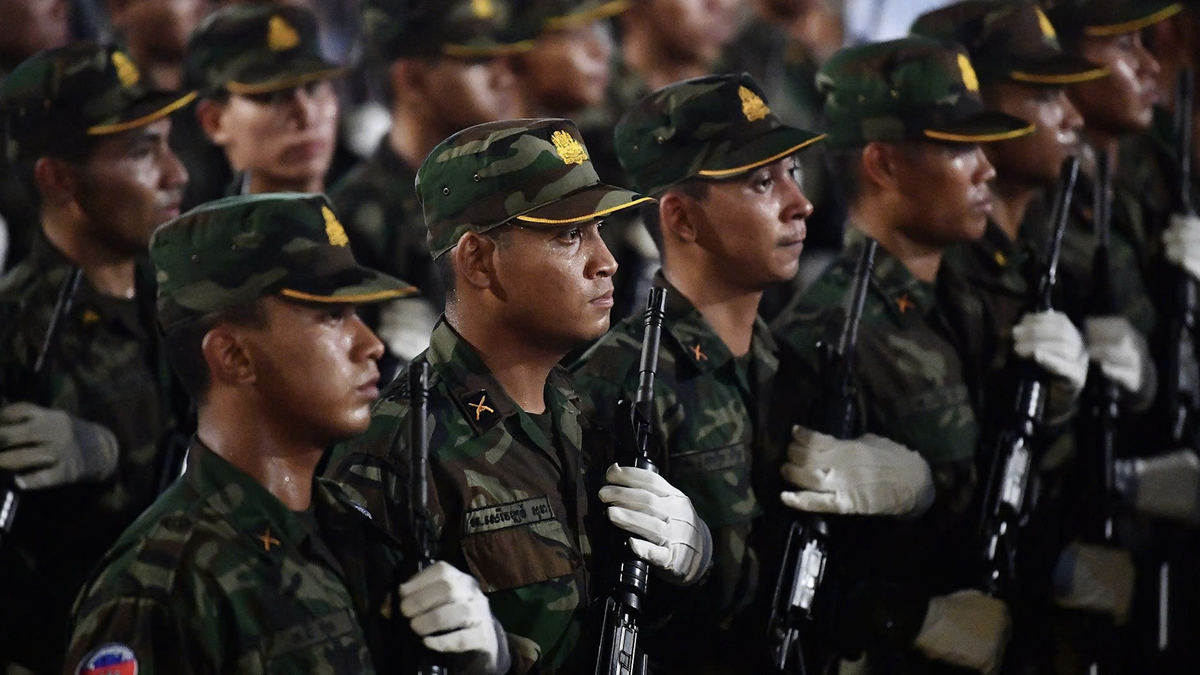
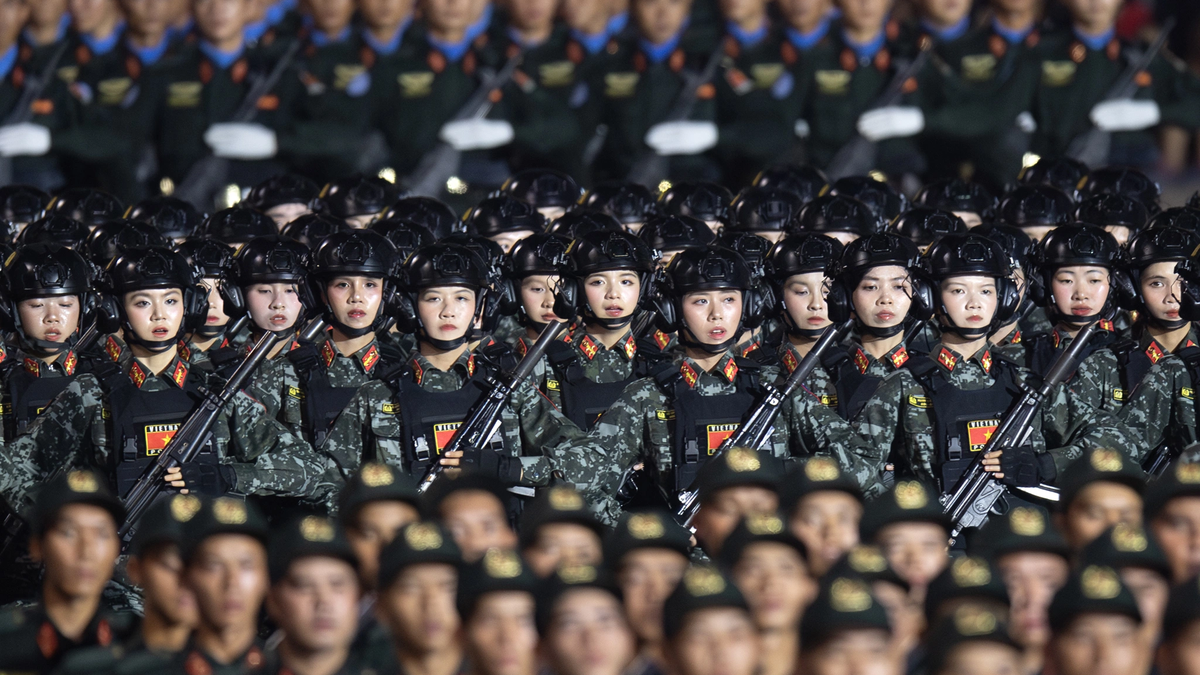

![[Photo] General Secretary To Lam attends the opening ceremony of the National Achievements Exhibition](https://vphoto.vietnam.vn/thumb/1200x675/vietnam/resource/IMAGE/2025/8/28/d371751d37634474bb3d91c6f701be7f)

![[Photo] National Assembly Chairman Tran Thanh Man holds talks with New Zealand Parliament Chairman](https://vphoto.vietnam.vn/thumb/1200x675/vietnam/resource/IMAGE/2025/8/28/c90fcbe09a1d4a028b7623ae366b741d)
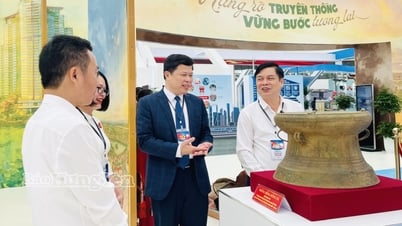

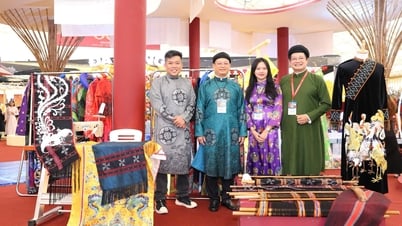

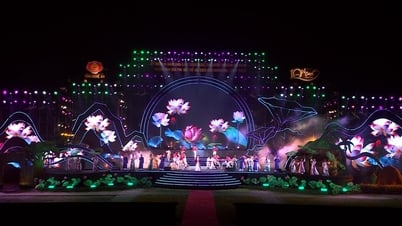
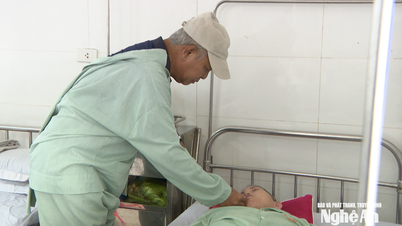
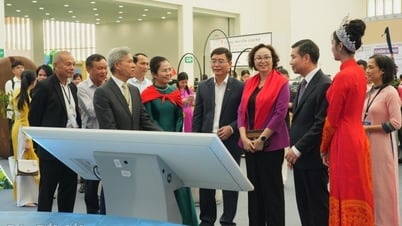

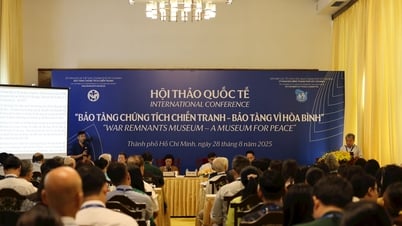





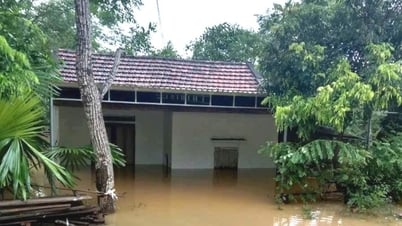
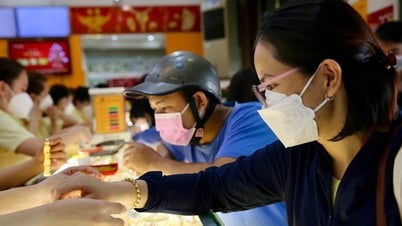
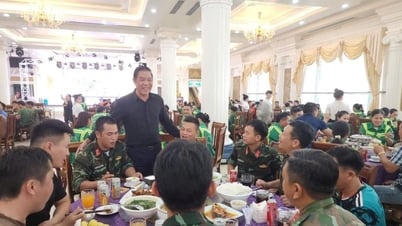

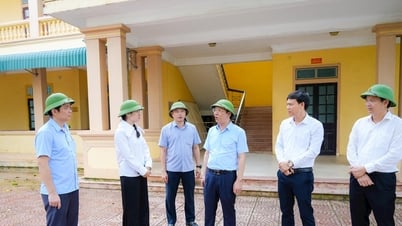
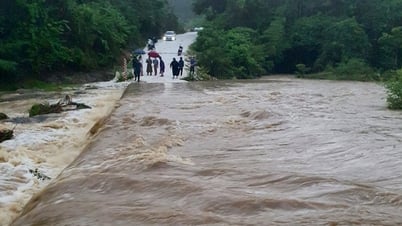
![[Photo] Images of the State-level preliminary rehearsal of the military parade at Ba Dinh Square](https://vphoto.vietnam.vn/thumb/1200x675/vietnam/resource/IMAGE/2025/8/27/807e4479c81f408ca16b916ba381b667)
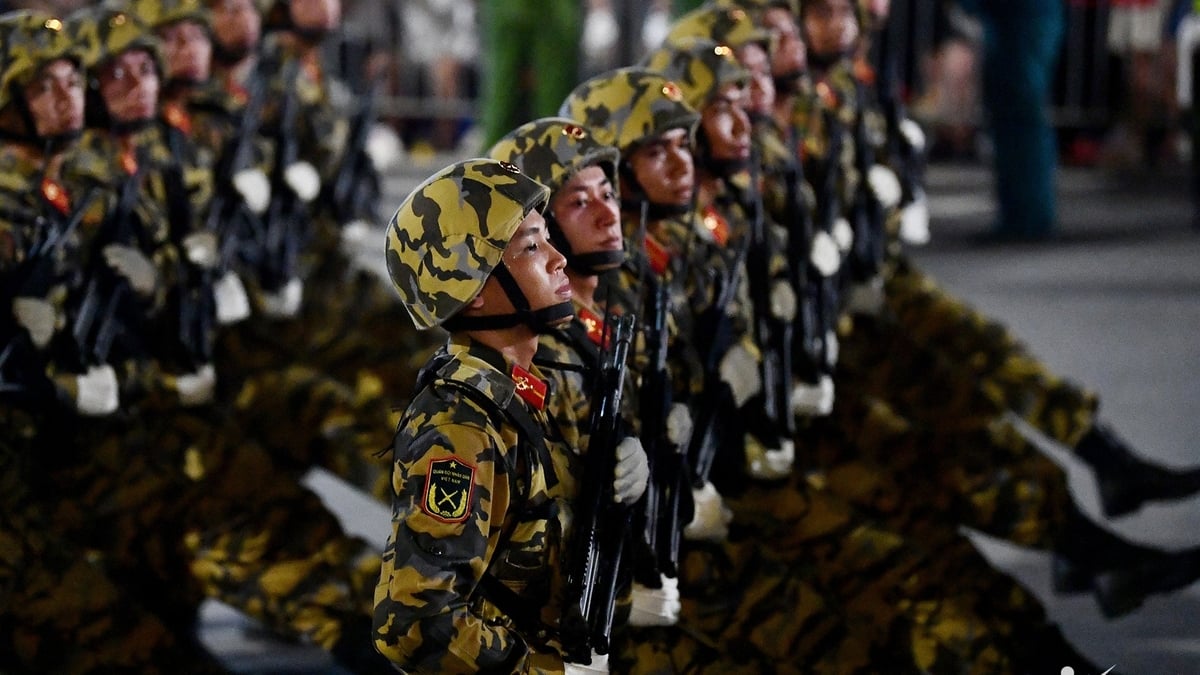























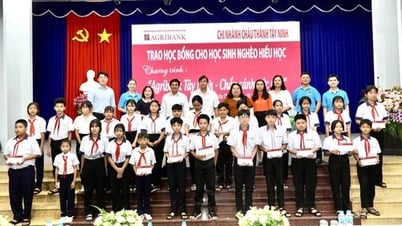















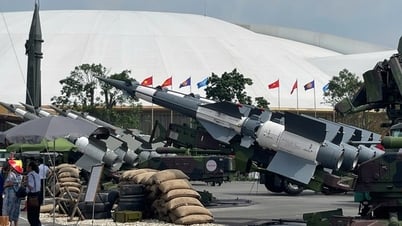

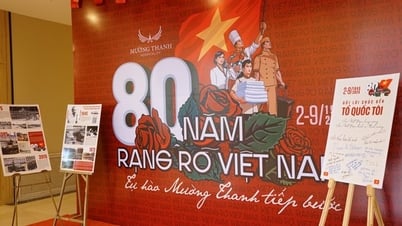
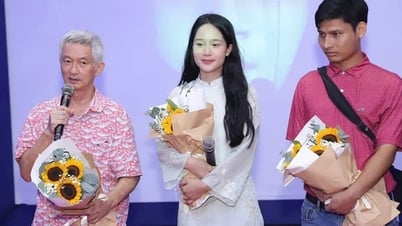

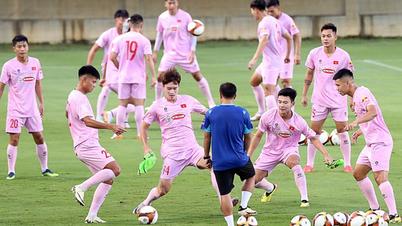
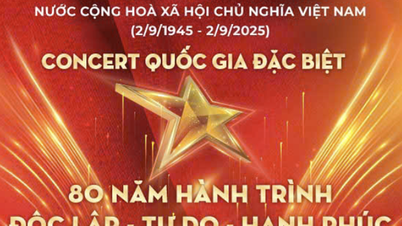
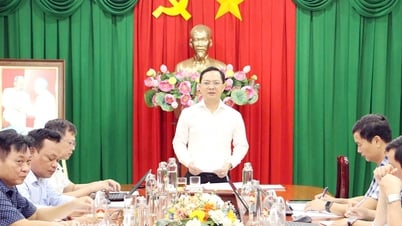

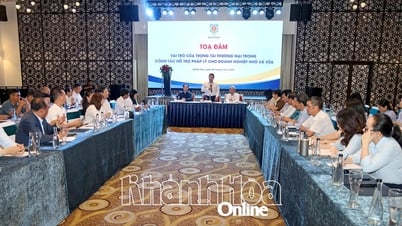

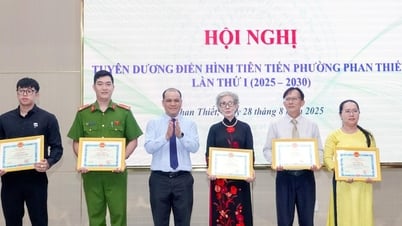


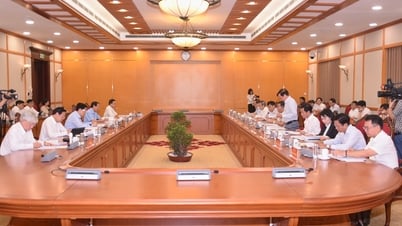



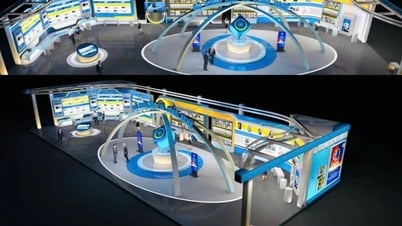







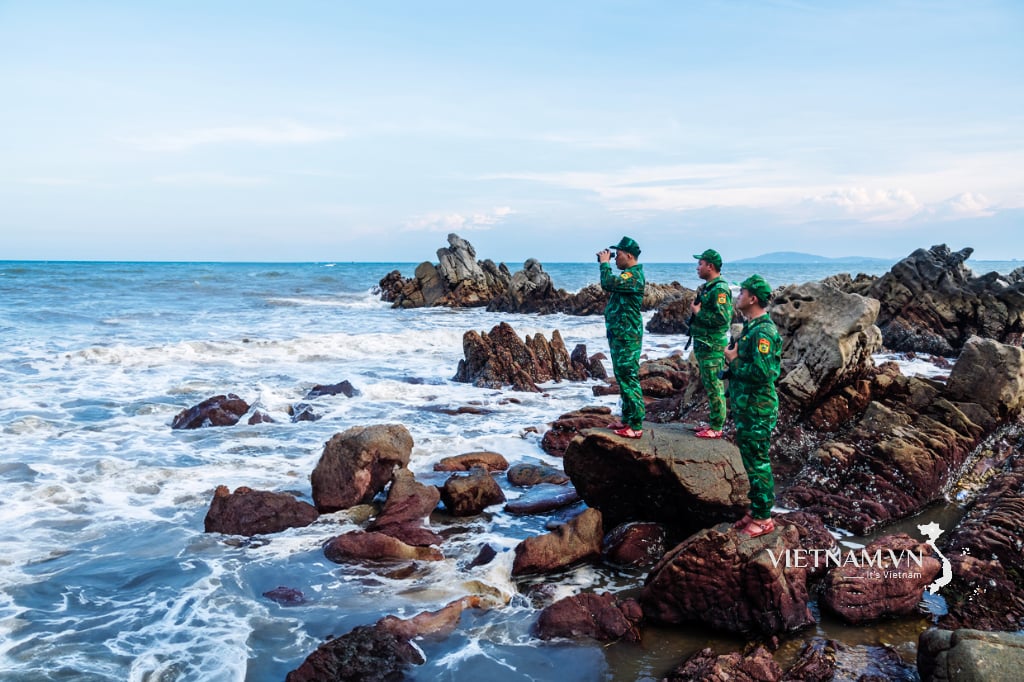
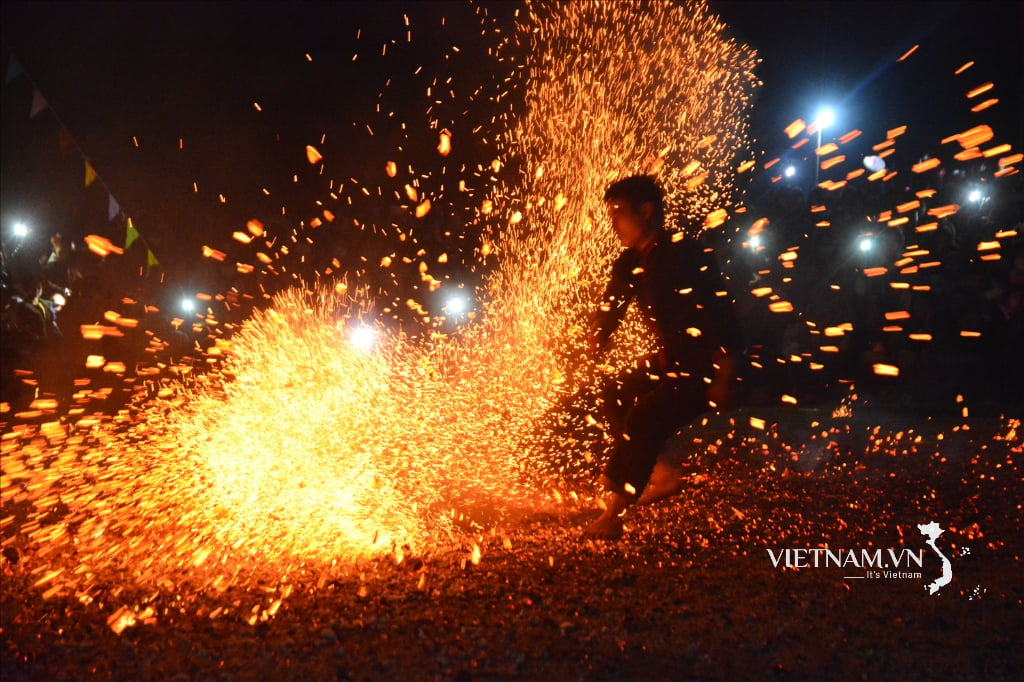
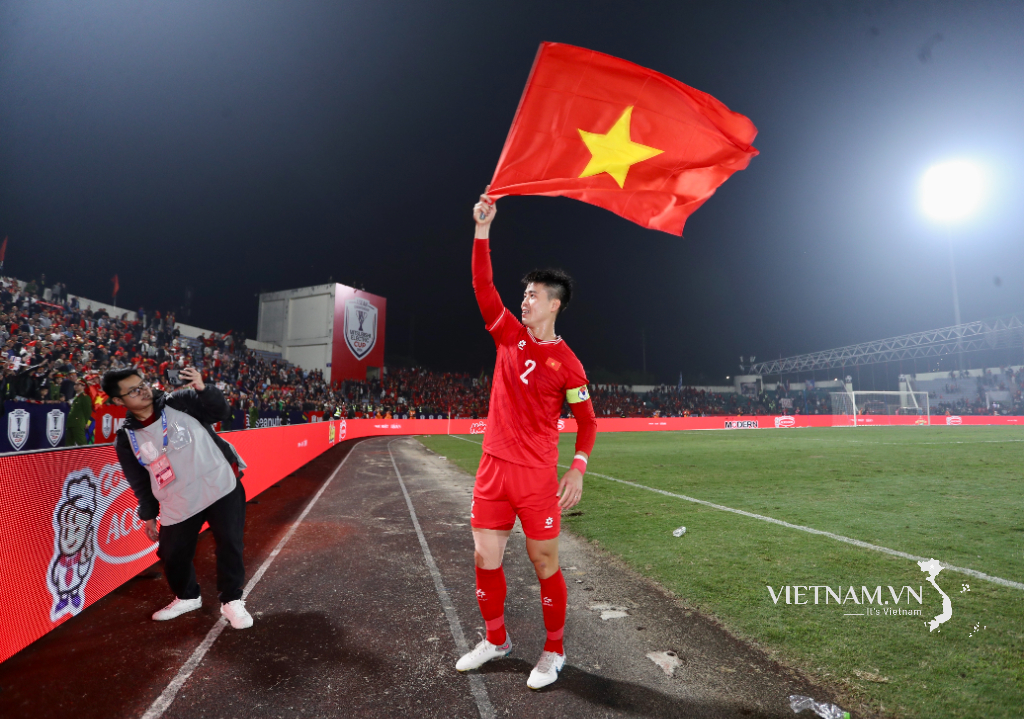
Comment (0)